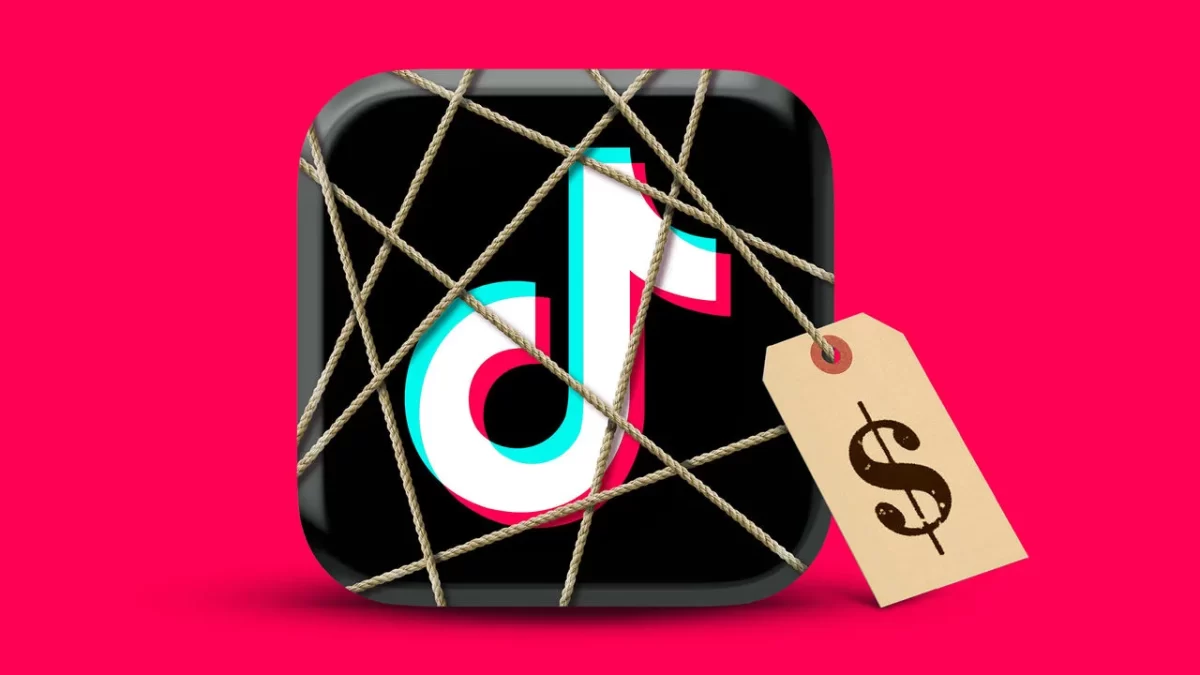Time for TikTok to cut its ties to China
TikTok is, by one measure, the most downloaded app on the planet. It’s no longer the exclusive province of the young—it has 150 million users in the US, nearly half the population. No wonder governments across the world are considering legislation around the app, including a bill just passed by the House of Representatives that would require the company to sell the platform to a non-Chinese owner or be banned in the US.
An Economist article on that and similar proposals agrees on the need for new ownership, but not for the national security reasons spooking politicians. After all, TikTok harvests roughly the same amount of user data as Facebook, and if Chinese intelligence wants data on American users, it can easily get it from a third party. The more persuasive argument for a sale is the platform’s fast-growing importance as a news source. The same rules restricting foreign ownership of traditional media outlets (a Chinese company could not, for example, buy MSNBC), the Economist argues, should be extended to social media.
“If anything, the new platforms require greater vigilance, since their output is so opaque,” the Economist writes. “A newspaper’s editorial line can be seen in black and white; by contrast, every TikTok user gets a different feed, and the company does not provide adequate tools for researchers to examine its output in aggregate.”
Could the next superstar radio host be an AI? Maybe not soon, but it is coming: experts
How will AI change the future of radio? The CBC offers possibilities tantalizing and worrisome. The technology could reduce grunt work for on-air personalities and crew and give them more time to craft creative content. It could also offer listeners vastly more real-time information and, in the case of one radio host the CBC interviewed, sub in during vacation time.
Still, the ever-present threat of AI replacing human workers loom larger in radio, where a “nasty” reality of constant layoff has already undermined morale. Lengthy newscasts could fall prey to the hallucinations, biases and misinformation that plague current generative AI models. Other problems come to mind. AI-generated content could not be tagged as easily as on video. And without uncanny valley AI-generated visuals, audiences could be more easily misled.
One hopeful takeaway is that radio is uniquely personality-driven, another byproduct of it being a strictly audio medium, which should help human hosts and DJs
How the Media Industry Keeps Losing the Future

“Every day brings bad news,” writes David Streitfield in a broad, cutting overview of the quickening collapse of news organizations, from the old guard to upstarts of the not-distant past. Local news, for years an endangered species, gets the most attention. Things are so bad that these outlets cannot even give their content away for free: an academic study offering people gratis subscriptions to their local papers piqued almost zero interest.
The history is familiar, with the dire fates of so many newspapers—more than a quarter that existed in 2004 have shuttered—sealed by their sluggish response to the great ‘90s internet boom. But Streitfield makes some surprising concessions, admitting that journalism’s Golden Age wasn’t quite as shiny as remembered and drawing optimism from the rise of non-profit outlets. Still, the field remains on a rocky road as it strives to maintain its core, “the exalted and difficult mission of communicating information about the world” with a modern need created by a financial reliance on readers rather than advertisers: “to make everybody happy.”

